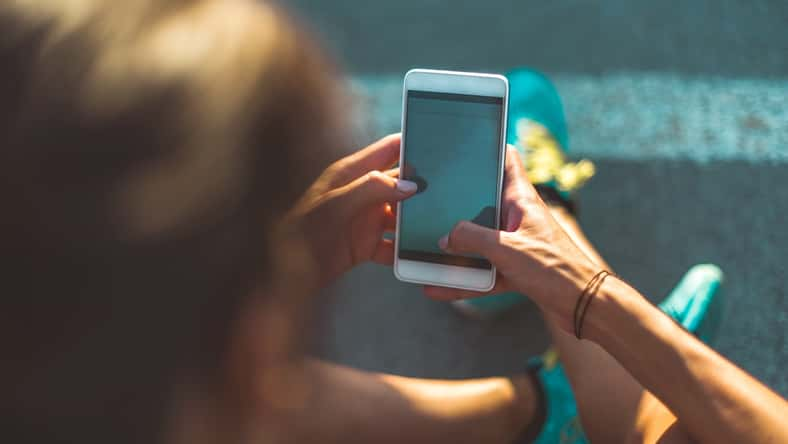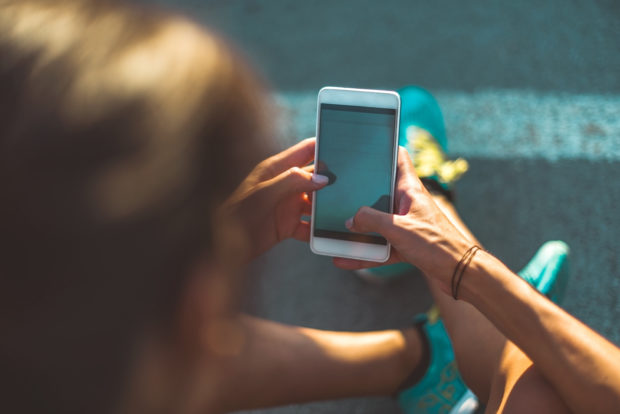The FBI Says Athletes Competing In The Olympics Need To Leave Their Phones At Home

Reaching the Olympic games is an auspicious moment for any athlete and can define the rest of a person’s career or lasting legacy in their sport. So who wouldn’t want to commemorate this once-in-a-lifetime experience?
Well, the FBI recently discouraged Olympic athletes from bringing their cellphones or personal electronics to the 2022 Beijing Winter Olympics.
This decision is based on information recently released via the document titled “Potential for Malicious Cyber Activities to Disrupt the 2022 Beijing Winter Olympics and Paralympics.”
It warns that due to potentially untrustworthy app-creators, athletes or organizational representatives could have their private information hacked and disseminated through the apps’ use.
Hackers could even access athletes’ digital health data, travel plans, and tickets, or the Olympic committee’s scheduling and security practices.
The report stated, “The download and use of applications, including those required to participate or stay in the country, could increase the opportunity for cyber actors to steal personal information or install tracking tools, malicious code, or malware.”
They also recommend against “ransomware” practices, including paying a “ransom” to retrieve stolen data.
This is because such a payment “does not guarantee files will be recovered and may embolden malicious cyber actors to target additional organizations.”
A report written during the 2020 Tokyo Olympics documented a shocking 450 million hacking attempts conducted through the following practices: “malware, email spoofing, phishing and the use of fake websites and streaming services designed to look like official Olympic service providers.”

Stock Rocket – stock.adobe.com
Sign up for Chip Chick’s newsletter and get stories like this delivered to your inbox.
Thankfully, these were not successful due to the protective software in place.
But there is still growing concern surrounding digitized wallets and travel documents stored on cell phones and tablets.
The FBI’s report also gave helpful advice for keeping remote workplaces safe from virtual attacks and possible methods for protecting networks as a whole from malware.
The Bureau even advised employers to administer training and user techniques to their employees in order to protect vital information.
The report’s overall message centered on the importance of user awareness and individual vigilance against cyber attacks, especially surrounding significant cultural and technological events like the Olympic Games.
Hopefully, both the athletes’ and the organization’s tech stay safe with these new guidelines in place.
If true crime defines your free time, this is for you: join Chip Chick’s True Crime Tribe.
More About:Sports





